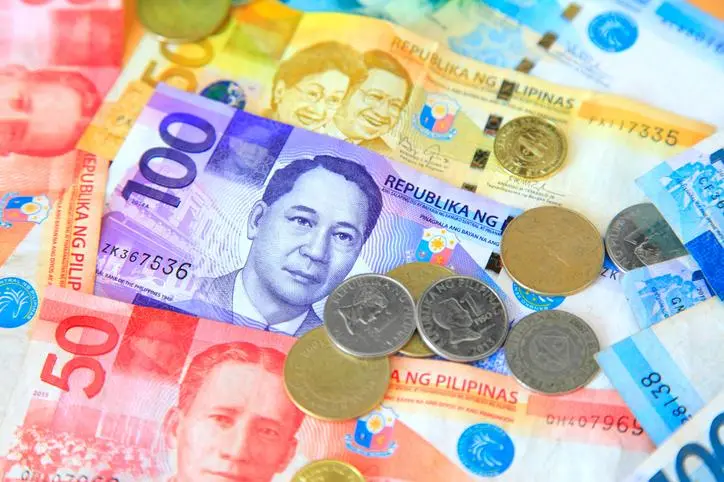PHOTO
MANILA - The Philippine central bank will likely leave its benchmark ratesteady at its monetary policy meeting on Thursday, on optimism that annual inflation would easeback to a target range next year, a Reuters poll showed.
Some economists believe the central bank may not even raise the rate at all this year, compared to a February poll where a majority saw the Bangko Sentral ng Pilipinas (BSP) edging closer to its first hike in over three years, with some pencilling in a rate rise as early as in March.
The shift in expectations comes on the heels of comments by BSP Governor Nestor Espenilla that the central bank would not necessarily have to make a move based on February data that showed inflation quickening to 3.9 percent.
While that was the fastest pace in more than three years under a revised price index, Espenilla maintained inflation would decelerate to well within the 2-4 percent target in 2019.
Seven of 11 institutions in the Reuters poll believe the BSP will keep the key rate steady at 3.0 percent on Thursday, with at least three predicting there will be no rate hike this year.
However, four predicted a rate hike of 25 basis points.
"Despite the persistence of inflationary pressures, the Bangko Sentral ng Pilipinas has not signalled any intention to tighten monetary policy," ANZ Research said in a note, adding it now expects the rate to be unchanged through 2018 versus an earlier projection of a 50 basis points cumulative increase.
The BSP has kept policy settings steady since it raised its overnight borrowing rate by 25 basis points in September 2014.
ING, which also recently changed its outlook on BSP's policy stance to steady, said "the risk to this steady policy rate path is a significantly weaker Philippine peso".
A wide current account gap has hit the peso, the worst performing Asian currency that is trading near a 12-year low to the U.S. dollar. It has shed about 4 percent in 2018.
"A decline of 4 percent to 5 percent generates ... fears of the exchange rate's impact on inflation," ING wrote in a note.
Citing a need to anchor inflation expectations, some economists stuck to their view that a tighter monetary policy was warranted.
"We continue to think that rate hikes are crucial, on the back of higher inflation and sustained depreciation pressure on the peso," said Gundy Cahy
© Reuters News 2018





















